Search
02290 CORROSION AND HYDRATE INHIBITION IN HIGH SHEAR, LOW TEMPERATURE CONDITIONS
Also Purchased
02274 EFFECTIVENESS OF CORROSION INHIBITORS IN RETARDING PROPAGATION OF LOCALISED CORROSION
Product Number:
51300-02274-SG
ISBN:
02274 2002 CP
Publication Date:
2002
$20.00
07663 The Effect of Oxygenated Methanol on Corrosion in Sour Wet Gas Environments
Product Number:
51300-07663-SG
ISBN:
07663 2007 CP
Publication Date:
2007
$20.00
02276 WHY CORROSION INHIBITORS DO NOT PERFORM WELL IN SOME MULTIPHASE CONDITIONS: A MECHANISTIC STUDY
Product Number:
51300-02276-SG
ISBN:
02276 2002 CP
Publication Date:
2002
$20.00




